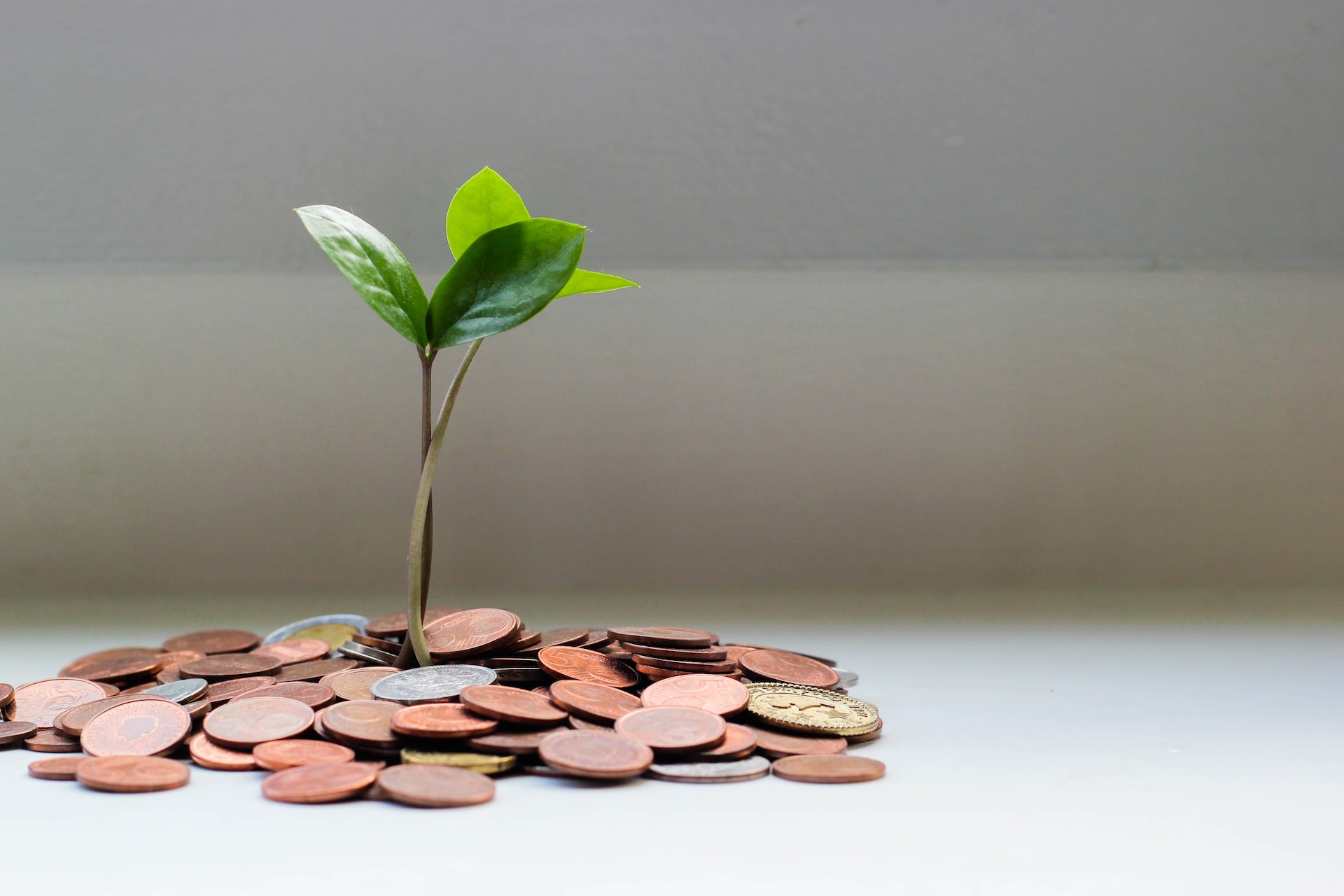Impact Investing: Investing for a Sustainable Tomorrow
In the dynamic world of finance, there are often new buzzwords that leave us wondering, “What exactly does that mean?” One such term making waves recently is impact investing. Let’s take a moment to explore this intriguing concept together.
Impact Investing: the fusion of finance and philanthropy
Imagine a perfect blend of philanthropy and investment – that’s the essence of impact investing. It’s like aligning your financial endeavors with your heart’s desires. Impact investing means directing your funds towards companies, organizations, or funds that aim to deliver a substantial social or environmental impact, all while providing a financial return. In simple terms, it’s a win-win proposition, allowing you to not only grow your wealth but also make a significant difference in the world we live in.
Impact investing lies at the crossroads of conventional investing and philanthropy. While traditional investing typically focuses on realizing financial returns, philanthropy revolves around donating to causes close to our hearts without financial gains. Impact investing strikes a balance, leveraging the power of capital markets to drive positive change without compromising on financial returns.
Why is impact investing becoming increasingly popular? A significant factor is a paradigm shift in societal attitudes. Many realize that addressing social and environmental challenges can’t solely rest on the shoulders of governments and or nonprofits. The private sector has a significant role to play, and impact investing is an effective instrument to channel private capital toward the public good.
Impact investing and financial performance
However, impact investing isn’t solely about contributing to good causes; it’s equally about achieving solid financial performance. Impact investments can offer portfolio diversification for investors. Furthermore, evidence suggests that sustainably operating companies can yield robust financial returns.
As an impact investor, you need to seek investment opportunities aligning with your personal, social values and l or environmental outcomes you wish to achieve. For instance, if education is a cause you’re passionate about, you could invest in a company that’s advancing access to quality education. Similarly, if you’re concerned about climate change, you might consider investing in a renewable energy firm.
Including impact investments into your investment portfolio
The brilliance of impact investing lies in its inclusivity. It doesn’t matter if you’re a billionaire or a small investor – everyone can participate in impact investing. You could begin by designating a part of your investment portfolio for impact investments and gradually increase your allocation as you gain more familiarity and confidence in the companies you are investing in. This could include for example keeping up with their latest innovations and what the company is up to. This can easily be done by reading the latest press releases, checking where the company is being mentioned, and even the company’s website where they add their latest innovations and blog posts about what they are doing about sustainability and sustainable solutions.
Creating a positive impact
In essence, impact investing presents a fresh perspective on finance and investment. It acknowledges that our investment decisions have repercussions that go beyond our bank balance. They impact the world we live in and shape the legacy we leave for future generations.
Impact investing enables us to utilize our wealth to craft a better world while still earning returns. As an idea whose time has come, impact investing is poised to bring about a significant shift in the functioning of capital markets as more investors embrace it. The future of investing isn’t just about wealth creation; it’s about creating a positive impact.
Prime examples of impact investing
A prime example of an impact investing opportunity is the ICL Group. Investing in ICL is not merely an investment in a company that pledges commitment to sustainability; it’s an investment in a company that actively creates sustainable solutions every day. ICL’s efforts significantly impact millions of lives globally in a positive way. Their work in areas such as advanced agriculture, efficient water usage, and plant-based food ingredients directly contributes to addressing the pressing issue of global food security.
Tesla Inc.: They’re a company famous in the electric vehicle space and focus on clean energy. When you invest into Tesla, you’re backing their mission to flip the script on fossil fuel use. Here is a company that is just not talking about it; they’re doing it. They are leading the charge in electric vehicles and solar power.
Vestas Wind Systems: This company is a big player in the wind power industry, making some of the largest wind turbines in the world. Their products are all about reducing our reliance on traditional energy sources we’ve been using for way too long. When you invest in Vestas, you are supporting the ideals of a cleaner, renewable energy future.
Ecolab: They’re the company behind the scenes, helping other businesses be more sustainable. They offer technologies and services that save water, cut down energy use, and reduce waste. Putting your money into Ecolab means you’re backing a company that’s working hard to make sustainability a part of the everyday business world.
In conclusion
To sum things up, impact investing isn’t some temporary fad. It’s a potent force reshaping the way we think about investing. It allows us to put our hard-earned money to work in ways that align with our deepest held beliefs, backing companies that are committed to making a tangible, positive impact on our world – all without sacrificing financial performance. Companies like ICL Group are leading the charge, touching countless lives with their sustainable solutions. Then there are those household names like Tesla, driving monumental changes in their sectors. The array of impact investing opportunities is vast and varied. So, whether you’re a seasoned investor or just dipping your toes in, give some thought to how impact investing could mesh with your financial plans. After all, your investments can do more than just accumulate wealth – they can play a part in sculpting a brighter, more sustainable future

